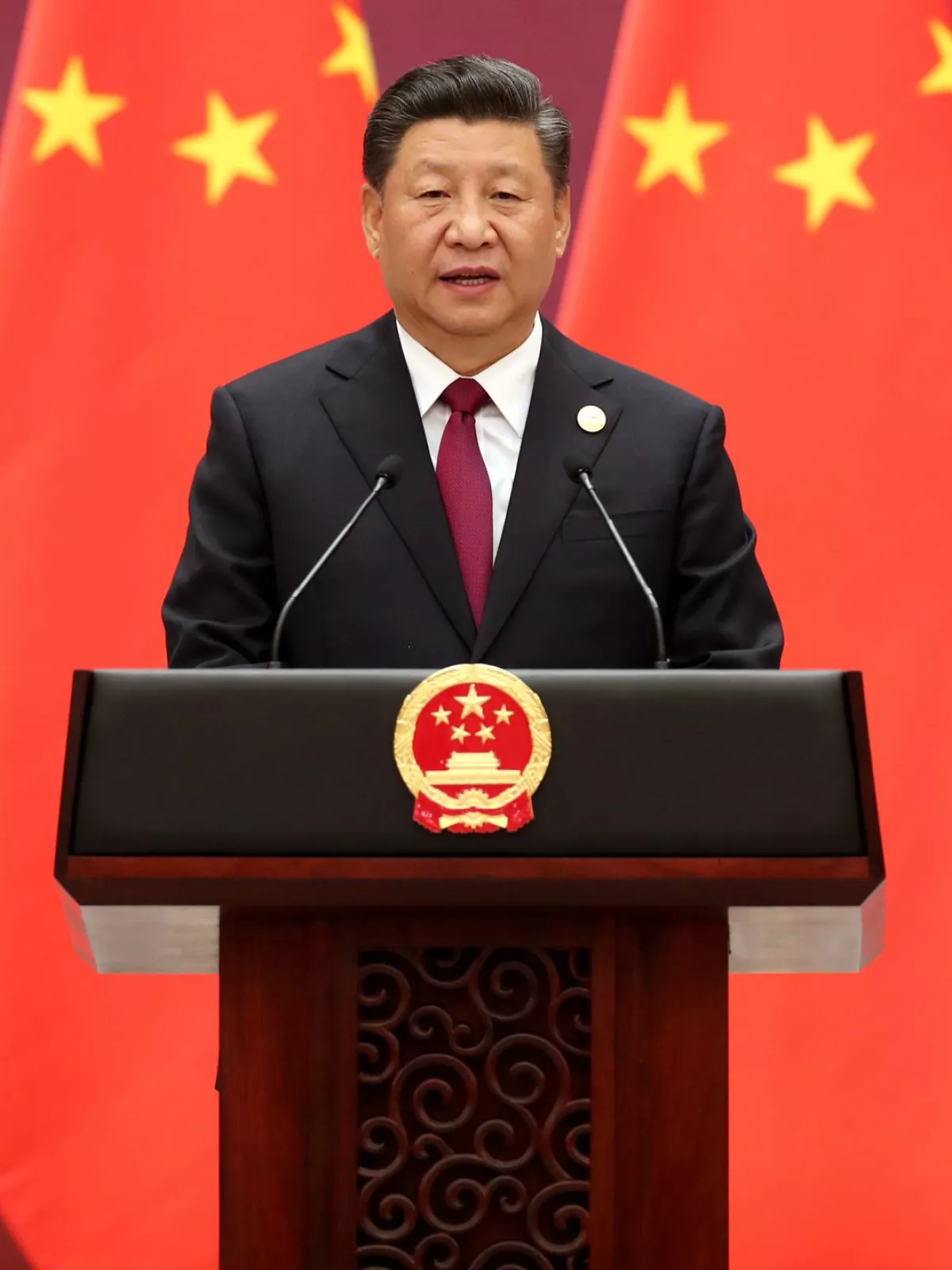New chessboard of world: EU, China, and battle for resources Kyrgyz political analyst on Caliber.Az
In an exclusive interview for Caliber.Az, Kyrgyz political analyst and China expert Aibolot Aidosov unpacks the EU’s renewed diplomatic push toward Beijing, the deepening US–China trade war, the strategic importance of Central Asia, and the rising role of the Organisation of Turkic States ahead of its 2025 summit in Azerbaijan’s Lachin.

— According to Chinese media reports, President of the European Commission Ursula von der Leyen and President of the European Council António Costa are planning to visit Beijing at the end of July for talks with Chinese leader Xi Jinping. This will mark the second high-level meeting between EU and Chinese leadership—again taking place in the Chinese capital. Typically, such events are held alternately in the capitals of the participating parties, but this time, China firmly refused to travel to Brussels. What is the EU hoping to achieve? And how does this relate to the recent EU–Central Asia summit in Samarkand?
— In the current geopolitical configuration, China is becoming a key partner for the European Union—one that can significantly strengthen the bloc’s position in its rivalry with the United States, which has declared a trade war on the EU. Beijing, having become one of the global centres of resistance to the policies of the Trump administration, is now confidently setting the terms of engagement with the EU. This comes despite the fact that not long ago, Europe was actively opposing Chinese expansion by imposing import restrictions.
But the reality has changed: China, having itself come under pressure from American tariffs, is now compelled to seek new allies for the export of its goods. In this context, the EU appears to be an ideal candidate. The Samarkand forum opened up two key opportunities for Brussels. First, Central Asia has demonstrated itself to be a rare island of stability amid global turbulence, making it an attractive destination for investment and a potential “gateway” to Chinese markets. Second, the battle for resources is intensifying: with its rich deposits of rare earth metals, Central Asia is becoming a magnet for the world’s leading powers.
— How will the trade standoff between China and the United States develop going forward? What retaliatory measures could Beijing take, and how might this reverberate across global markets? One is reminded here of Turkish President Erdoğan’s remark that “no one will remain on the sidelines.”

— The trade war between the two superpowers is bound to impact all countries without exception. China is currently the world’s largest investor, with interests spanning the entire globe. If the trade war intensifies, Beijing could freeze its foreign investments—an action that would deal a blow to the global economy far more severe than any crisis of recent decades.
At the same time, the U.S. market remains a top priority for China. Losing access to it would trigger mass layoffs, rising poverty, and internal social unrest—all of which could begin in the near future.
The United States will not remain unaffected either: restructuring supply chains and establishing new production hubs is a costly, prolonged, and painful process. The machine has already been set in motion, and it cannot be stopped.
Against this backdrop, Central Asia stands a rare chance to emerge as a winner amid global turbulence. As the giants clash and the war between Russia and Ukraine continues, our region has the opportunity to deepen internal integration and enhance the resilience of each individual country.
— Kyrgyzstan and Tajikistan have finally signed an important border agreement. In the past, territorial disputes between the two countries led to deadly clashes and bloodshed. Can this agreement be seen as the end of a long-standing dispute? What are the prospects?
— The resolution of border issues is a direct reflection of new trends emerging in Central Asia. Today, this has become possible thanks to two key factors: growing global instability and the maturity of the region’s leadership.
The countries of Central Asia are increasingly demonstrating their willingness to unite efforts for a shared future. The signing of this agreement is a historic event—one that could lay the foundation for lasting peace.
But there is one important condition: the implementation of concrete steps that follow. Chief among them is the development of border regions. Where there is employment, the prospect of growth, and prosperity, there is no fertile ground for renewed conflict. That is an axiom.
— In May 2025, the city of Lachin—on Azerbaijan’s liberated territories—will host a summit of the Organisation of Turkic States (OTS), bringing together Turkic-speaking nations. What are your expectations for the summit’s agenda, and why is it important for Central Asia in general, and Kyrgyzstan in particular?

— The OTS summit in Lachin could mark a new chapter in fostering closer ties between member states. In today’s shifting world order, the OTS is gaining greater room for independent action—potentially transforming the organisation into a more visible player on the international stage.
It is crucial to seize the opportunities offered by this “new chessboard,” especially in terms of economic potential. A crisis today is not just a challenge—it can also be a turning point. With the right strategy and agile manoeuvring, problems can be turned into opportunities.
China will be looking for new sites to relocate its industries. The United States will seek new countries to transfer its factories. And nations under sanctions will begin searching for allies in places they hadn’t previously considered. A case in point is the EU’s renewed interest in building relations with Türkiye.
For regional organisations that are not aiming for global dominance, this is a unique moment: the traditional external pressure is easing, creating space for bold steps toward integration. A prime example is the recent border agreement in Central Asia. And within the framework of the OTS, new breakthroughs are entirely possible.








